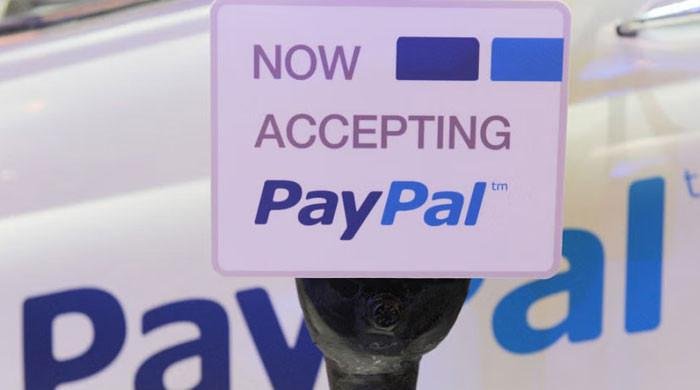Islamabad, 9 January 2024 (TDI): After years of discontent over the lack of accessible online payment options, Dr. Umar Saif, caretaker minister for information and technology, announced on Sunday that Pakistani freelancers and professionals from various industries would now be able to receive payments via. PayPal.
The purpose is to facilitate Pakistan’s freelance market, which has suffered a lot due to the unavailability of online payment platforms that are widely used around the world.
“Freelancers will not need to open a PayPal account. Instead, individuals outside the country will make payments from their PayPal accounts, and the funds will be promptly deposited into the freelancers’ accounts,” Dr. Umar Saif stated.
PayPal is secure and the fastest way to pay online. It allows transactions in more than 200 countries and supports 25 currencies. In Pakistan, it is more likely to address the longstanding payment challenges faced by Pakistani freelancers and digital entrepreneurs. It will enable them to receive payment for their services, making cross-border collaboration easier than ever.
National Space Policy
The Minister of IT uttered that international companies would be allowed to provide communication services through low-orbit communication satellites under the nation’s first space policy approved by the federal cabinet.
Emphasizing that satellite communication technology was advancing rapidly and that many private companies in the world wanted to provide communication services through low-orbit satellites, he said:
“Satellites used to be geostationary, far away from the land. They are useful for broadcasting TV signals, but communication is difficult because there is latency.”
Additionally, communication services and internet services could be offered through low-orbit satellites, which were relatively closer. He said that there has been a lot of development in this regard in the private sector.
“So now it has become possible for communication services in Pakistan to be provided through satellites, and the private sector has this technology,” he stated.
Minister Umar reiterates that the National Space Policy would enable private sector companies to “offer affordable internet services in Pakistan while enabling increased investment in our national space program.”.
The national space policy will not only enable private-sector companies to offer affordable internet services in Pakistan but is also likely to increase investment in the country’s national space program.
Also Read: Pakistan and Qatar embraces bilateral IT collaboration
Launch of 5G Services in Pakistan
Minister Umar was confident about the launch of 5G services in Pakistan by July of this year, and the 300 MHz spectrum would be offered for auction.
He stressed the enhancement of the optic fiber network before the launch of 5G services. Currently, only 6,000 mobile towers are connected with the optic fiber of around 56,000 towers across the country.
Dr. Saif informed his ministry that it had taken a significant decision to modify IT education in universities in collaboration with the Higher Education Commission, the National Computing Accreditation Council, the Examination Testing Council, the Pakistan Software Export Board, and the Pakistan Software Houses Association.
“Under the program, around 31,000 students have registered themselves for the test so far, and successful among them will be offered jobs through the Industry Placement Programme.”
He publicized that the government would initiate a project to establish 10,000 e-Rozgar centers across the country that would be equipped with the latest facilities for freelancers and startups.
While highlighting the initiatives taken by the government to enhance exports of the IT and telecom sector, Dr. Umar said: “The sector’s official export is currently $2.6 billion, but the actual figure is around $5 billion as the industry parks a major portion outside the country to pay salaries of their international employees placed with foreign clients and incur monthly expenses for cloud hosting, marketing, and sales on platforms like Google, Amazon, LinkedIn, etc.”



